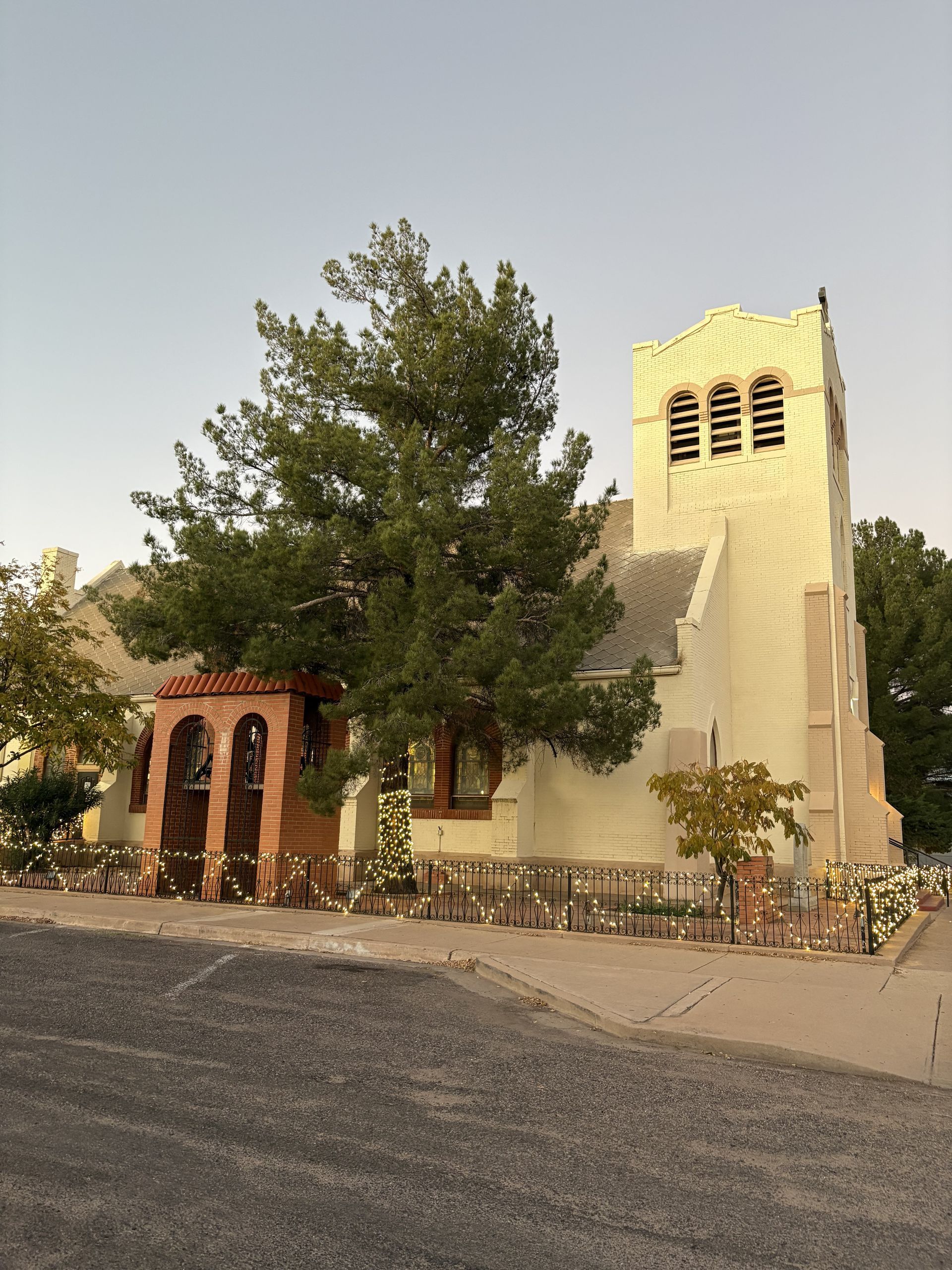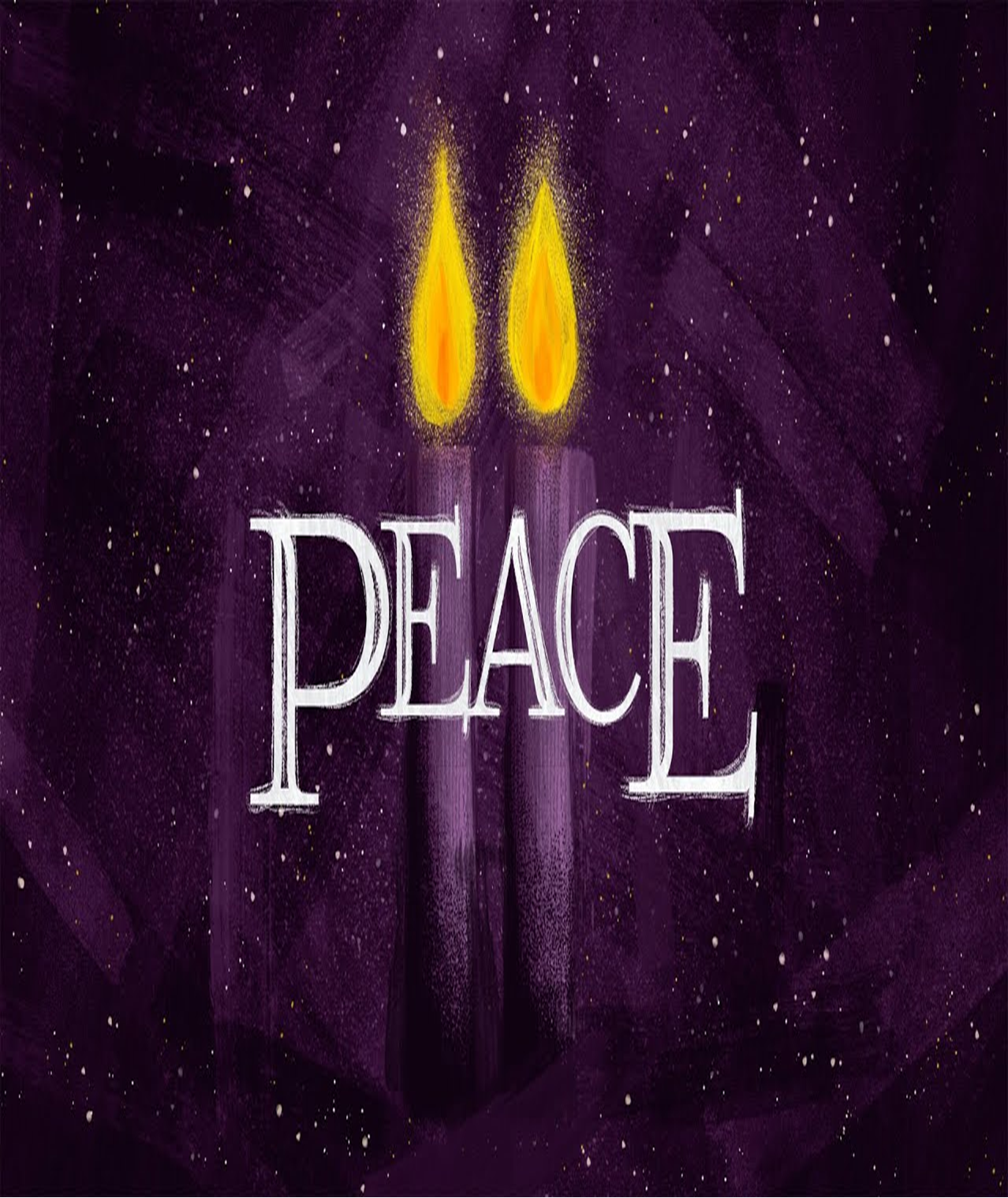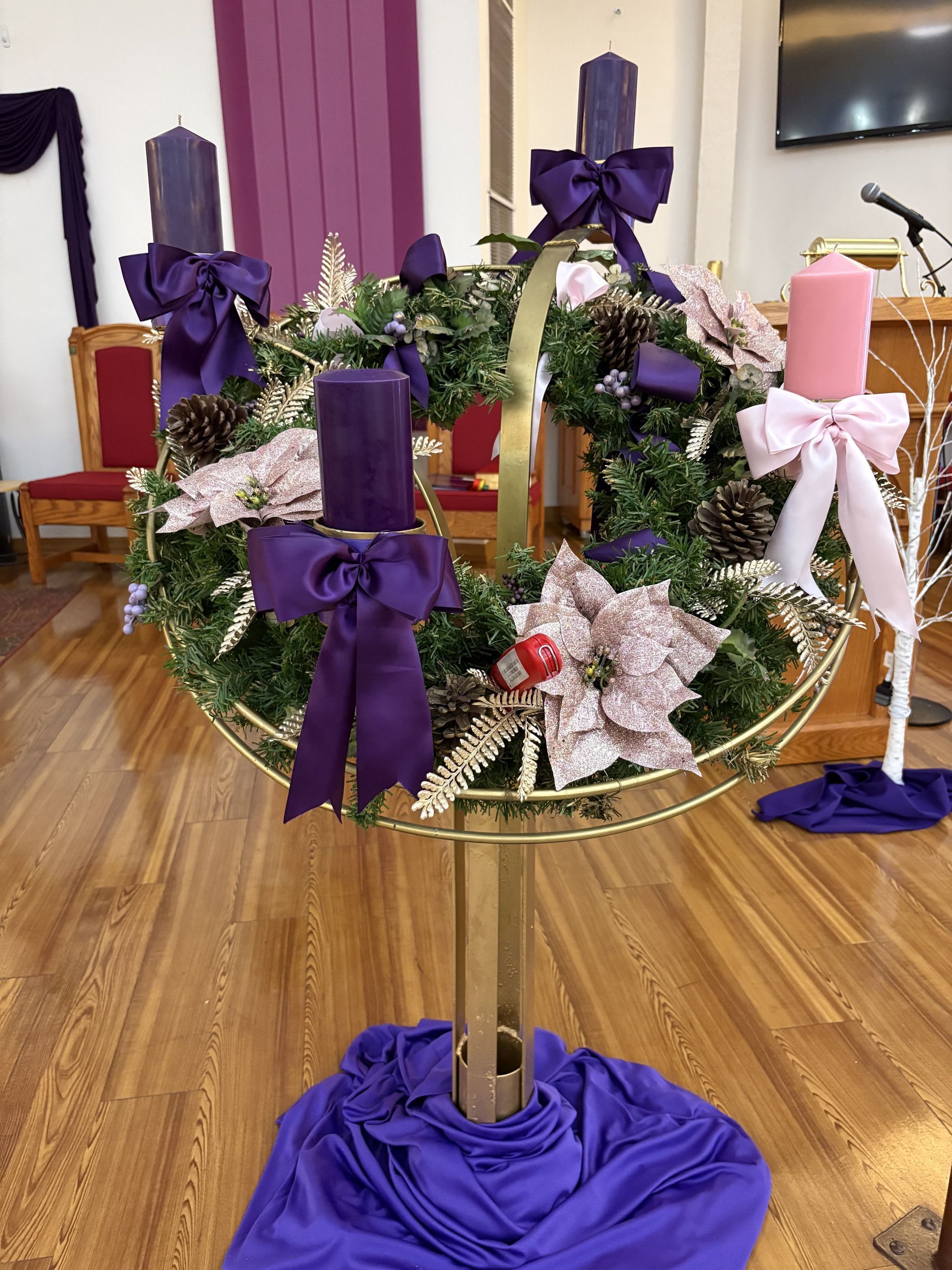The Feast of the Epiphany (from the greek, Epiphanein, to show, to reveal) of the Lord celebrates the manifestation of Jesus as the Messiah, the Son of God, whose birth became the vehicle of the good news to the three magi from the east as recorded in Mt. 2:1-12 same Gospel story for the three year lectionary cycle. The feast was introduced in the Western (Latin) Church in the fourth century, where it came to be associated with the visit of the magi. In practice, it's usually celebrated on January 6. It evolved into a celebration of the gospel story of the visit of the Magi on the occasion of Jesus' birth: his epiphany to the gentiles. It is identified with the visit of the Magi in Mt 2:12 as part of the entire mystery of incarnation (God- in- flesh) that the Messiah came for all people, for the entire world and not just for a privileged few. The Messiah has come to all people, a theme highlighted by Matthew's gospel. The word "magi" refers to a learned caste in Babylonia, probably, astrologers and interpreters of dreams. In the early of days, everyone believed in astrology. They can tell one's future and destiny by following the star. It was the wise men's job and profession to watch the heavens. The magi saw a start they thought God was breaking into the history of humankind. Definitely, something spoke to them about the entry of the king to the world.
The magi are gentiles, foreigners, pagans-spiritual-believed in gods, not in the one God, though. The word "magus" can mean many things in different places: magicians, soothsayers, sorcerers, astronomers, astrologers, fortune tellers (not sure if it applies to the fortune cookies thrown on the table in restaurants). But, Matthews refers to them as astronomers whose job is to watch the movement of the stars 24/7. They are advisers, counselors and consultants to the king, highly- skilled people, the elite, VIP's on their right, weird- looking, dressed differently with too many piercings, and knowledgeable in almost all things. They looked and felt lost but followed the star and eventually found it. They were sometimes called kings although they didn't have a royalty. They were often depicted in Christmas pageants as wearing funny hats and bathrobes, holding a 1-800 number promising love, riches, and happiness to the first ten callers. Nowadays, because of the easy access to communication, if you want to know anything, just type it in Google search bar or go directly to Wikipedia. In the ancient of days, seekers go the Magi. Consultation may not be free but you can ask them about anything under the sun. They are men of holiness and wisdom, no doubt about that. Given their resume, they would have been the last group of people to take off and follow the guidance of the star.
Well, they just happened to walk across the stage in history but ended up in the nativity scene. Somehow they realized they didn’t belong in there. They brought strange gifts probably because they weren’t given invitation. Why would you take gold, frankincense and myrrh as gifts to a newly born? It’s like bringing a bottle of vodka instead of diapers in a hospital room. And yet, it’s not so much about what we bring and how we got to the place that matters to God. What speaks most is how we go back home safe and sound even if it's by a different route as mentioned in the last verse of the Gospel.
Epiphany means showing, appearance or revelation. It was used to describe the appearance of a god among the people, a theophany especially of the appearance of the true God in the flesh. Epiphany without the three kings is closely similar to a Mexican Christmas party without tamales. It is a feast that started in the eastern tradition and rich in history but hard to trace the details as there are limited resources prior to the 4th century.
The journey of the magi is filled with mystery. The story has been used in many cultures as a model that reflects social realities and thereby, challenge the status quo. They are foreigners, pagans, outsiders, and weird-looking people wearing elaborate garb almost similar to the outfit worn by the pirates of the Caribbean. Given their background, I bet they are the last people to follow the guidance of the star, a symbol of divinity in the ancients and even now. In today’s world, they are the people with no religious affiliation from a completely different background who found their way to Catholicism and surely, such a conversion story goes viral in the faith world and beyond.
To be a magi is to continue to search for the light the star gives. To be a magi is to relentlessly seek for the divine and human truth. To be a magi is to allow yourself to be guided by the star. To be a magi is to lead others to the star of Bethlehem. To be a magi is to leave our former way of life and never get back. To be a magi is to worship and adore God, the most obvious way to show our belief.
In an unusual moment, they probably noticed something extraordinary in the constellation as recorded in the Gospel and were unexpectedly prompted by a strange supernatural star appearing in the heavens. They entertained it, pursued and checked it out, packed their things for the adventure of a lifetime and traveled for only God knows how long it took them to arrive at Jerusalem, a light to all nations, from a distant country after a journey of a thousand miles until it rested on the birthplace of Jesus in Bethlehem of Judea, bringing with them expensive gifts of gold, frankincense and myrrh. It is an ancient custom that if someone wants to visit a dignitary, such as a state visit to the Vatican or elsewhere, gift is almost a must.
It is said that the three Magi represented generations, races and cultures. I don't think I'll be able to identify them by their appearances as they look the same. Melchor brought Jesus gold, the most precious of metals, fitting for a king. Caspar carried frankincense, a very expensive perfume used for divine worship and Balthasar, myrrh, an exotic spice for his humanity. We may not have the above luxurious and costly gifts and treasures brought by the three magi, but our presence in the church every Sunday, in praise and thanksgiving, our respect and reverence is enough to show the tiny baby we're greatly delighted to see him.
Just like them, as pilgrims to the manger who "went home by another way" Mt. 2: 12, we have already received the revelation and found it in a stable in whatever status and circumstances in life. But, if there's any difference between them and us, the sad truth is that we keep going back to Herod, to our former way of life, to the life we have supposedly left behind in exchange of the discovery of the most sublime truth and faith in the newborn king. The three magi modeled for us the first of its kind, belief starts with worship.
It happens to us when sometimes we find ourselves serving God, far beyond reality 10 years back, when we find ourselves paying a visit to God, silently seating in the pew when we know it is more practical to do household chores, help kids with their homework, run errands and the likes.
The bible tells numerous stories about how God uses those who don’t fit to accomplish his purposes. We marvel at the wonders of his love. Often those who consider themselves as not having the gifts are the ones who actually perform the depths of Christmas. When they start to find the lost, to heal the broken hearted, to light a path, to lift a burden, a shoulder to cry on, to share the cross other people carry on their backs, to feed the hungry, to release the prisoner, to rebuild the nations, to bring peace, etc, is how God is manifested in the world. This may be a good new year’s resolution.
When we start to follow Christ in our own way, we begin to notice that our lives are increasingly at odds with the surrounding culture doing things contrary to what the world dictates. It could happen to a mother who told her children that they will get only three gifts on Christmas because they will give donations to the less fortunate. At other times, it could happen to anyone of us who suddenly leaves his/her well paid position because his faith would not permit him to measure the value of human life by monetary means. But finally, it doesn’t have to be a spectacular move because the little things we do have an infinite value to God. Amen.



